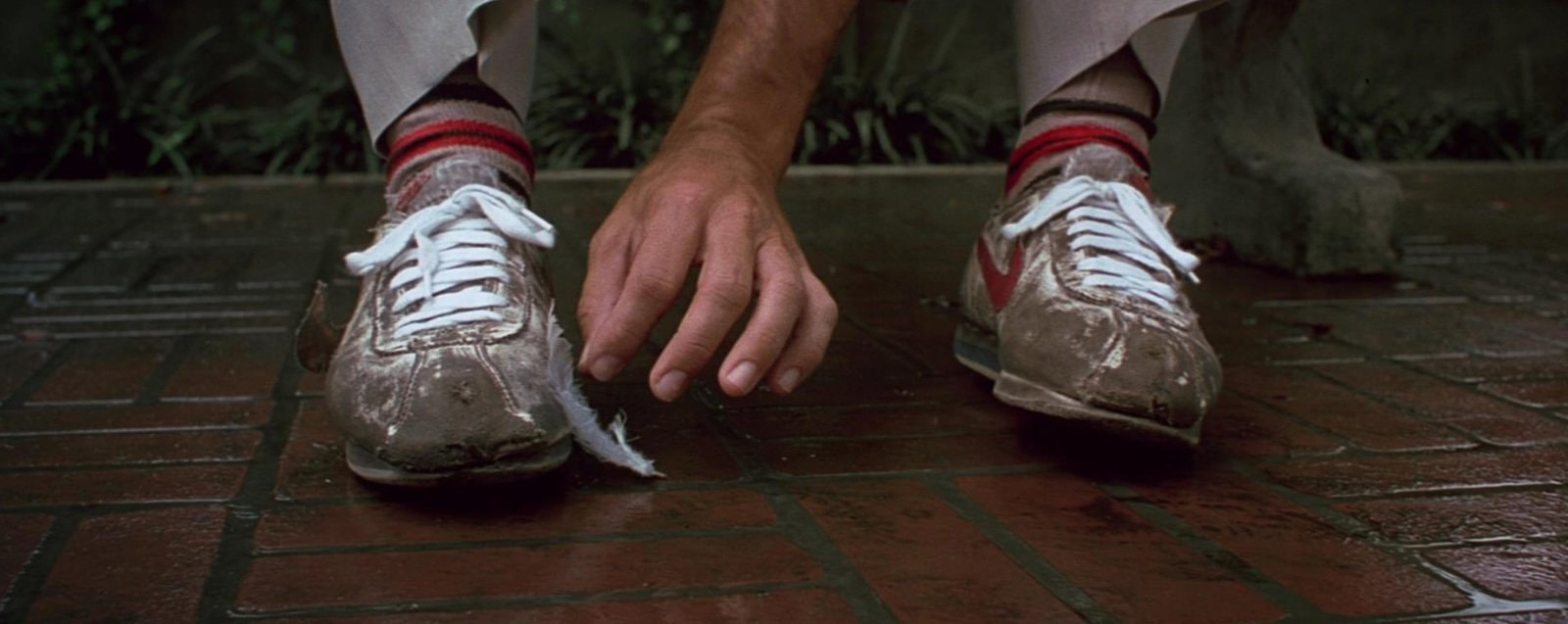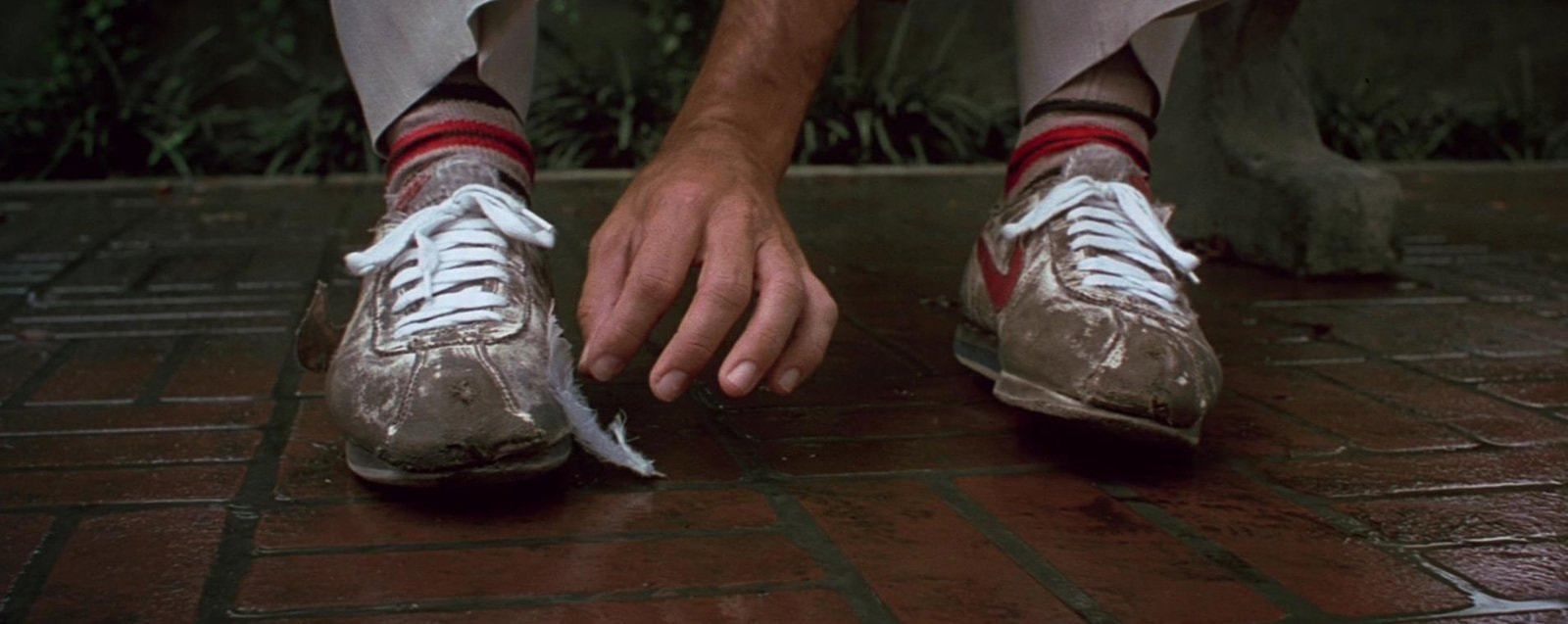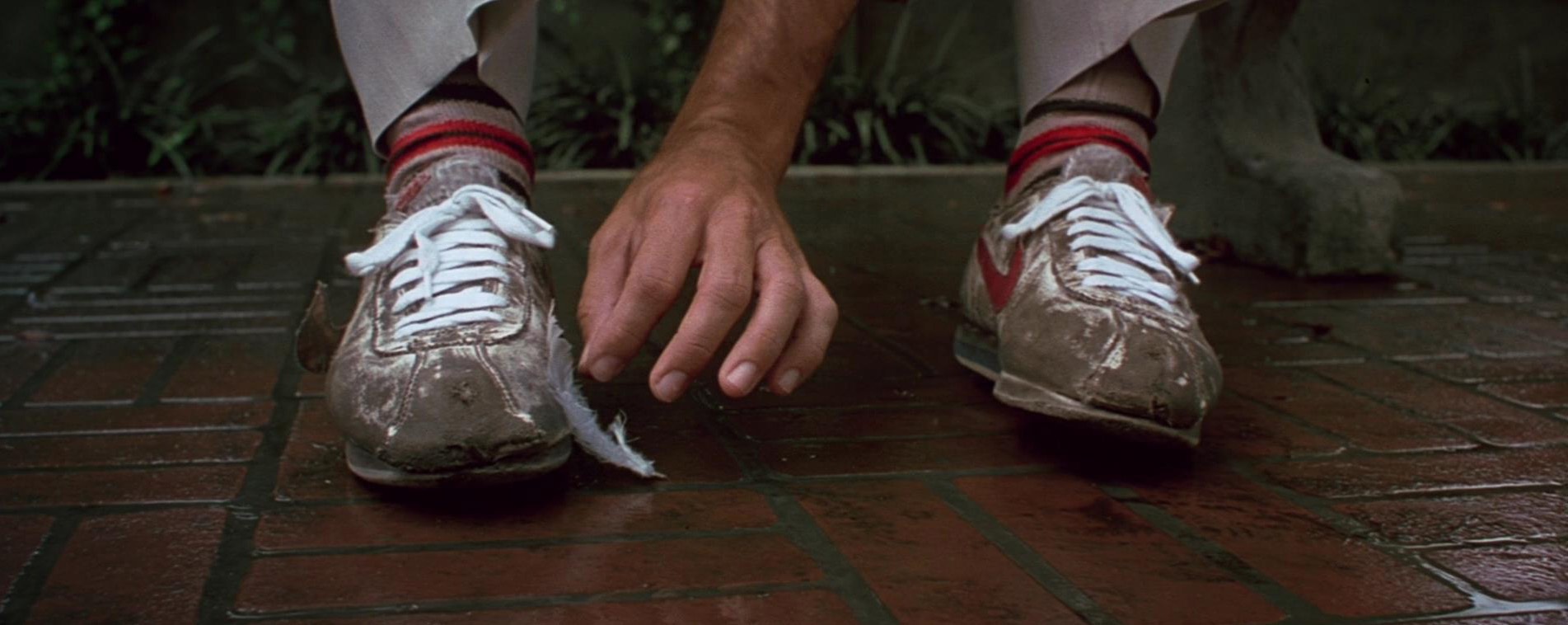The lecture examines the philosophical implications of the book and movie Forrest Gump.
Are we able to perceive the world as it is? Can we see things the way they appear to us? Apparently not. Instead, consciously or unknowingly, having glanced briefly at an object and “recognized” it, we become immersed in the process of distinguishing its categories and cataloguing its essential and absent qualities. Pure perception is replaced by predetermined, language-based knowledge. Edmund Husserl’s famous slogan “Back to the things themselves!” meant aspiration for live and intense existential experience. This is what sets Forrest Gump apart from the other characters in the film and makes him special. Told to “never, ever take your eye off the ball,” he follows the instruction and becomes a great ping pong player. As if guided by the words of Husserl, who would have said to follow the object itself and rid the mind of rational perception, Forrest learnt something about this object that is beyond the cognition of other people. Does this mean that there is only one person with the gift of “phenomenological intentionality,” and a fictional character at that?
“I sense, Forrest, that you are on the verge of something very significant in your life, some change, or event that will move you in a different direction, and you must seize the moment, and not let it pass. When I think back on it now, there is something in your eyes, some tiny flash of fire that comes now and then, mostly when you smile, and, on those infrequent occasions, I believe what I saw was almost a Genesis of our ability as humans to think, to create, to be.
[. . .] I don't think you're an idiot at all. Perhaps by the measure of tests or the judgment of fools, you might fall into some category or other, but deep down, Forrest, I have seen that glowing sparkle of curiosity burning deep in your mind. Take the tide, my friend, and as you are carried along, make it work for you, fight the shallows and the snags and never give in, never give up. You are a good fellow, Forrest, and you have a big heart.”
(Winston Groom, Forrest Gump, 1986)


